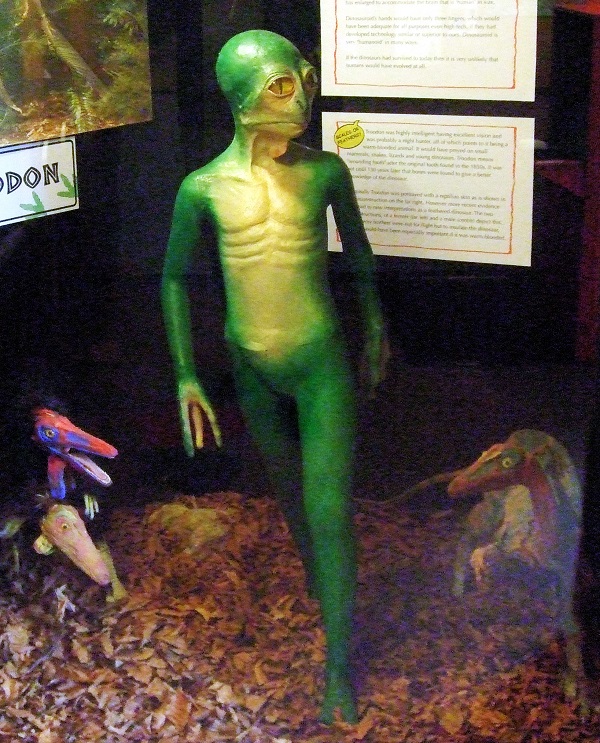BREAKING:
Stephen Hawking Launches $100 Million Search for Extraterrestrial Life;
Pope Francis Stands Ready to Baptize Any Little Green Men That Hawking Finds
On July 20, the renowned physicist Stephen Hawking and his business partner, Russian entrepreneur and venture capitalist Yuri Milner, announced a breathtaking new project to find intelligent life in the universe. The project, called Breakthrough Listen, will combine Hawking’s astronomical brain power and Milner’s financial clout in search of aliens.
In a press conference Monday, July 20, atheist Hawking said, “We believe that life arose spontaneously on Earth. So in an infinite universe, there must be other occurrences of life.”
Professor Geoffrey Marcy from UC-Berkley, famed as the astronomer who discovered most of the known exoplanets, concurred that there is a likelihood of life in many other parts of the universe. Marcy said, “The universe is apparently bulging at the seams with the ingredients of biology.” The exoplanets he and other scientists have identified are, according to researchers, the right distance from their suns to support water.
Yuri Milner, who is financing the entire project, is listed among the world’s 50 most prominent businesspeople. Milner has invested heavily in familiar social media companies including Facebook, Twitter, Spotify and Groupon, as well as many other international corporations. He has said that he believes the Internet will develop into a “global brain” functioning as a nervous system for the entire planet Earth.
With Milner’s financial backing, the likelihood of scientists discovering alien life forms is about to increase exponentially. According to the Washington Post,
The Search for Extraterrestrial Intelligence (SETI) has been active since 1960, when scientist Frank Drake — another of the great minds joining Breakthrough Listen—sought out radio signals from neighboring stars. But even the largest group looking for life, the SETI Institute, doesn’t receive any government funding, and this particular aspect of space exploration now relies on dwindling support from universities and private organizations.
“We would typically get 24 to 36 hours on a telescope per year, but now we’ll have thousands of hours per year on the best instruments,” Andrew Siemion, a scientist at the University of California, Berkeley, and one of the group’s co-founders, said at the news conference. “It’s difficult to overstate how big this is. It’s a revolution.”
Well, we’ll see. One thing that remains true, though, is that if we do find intelligent life elsewhere, the Catholic Church stands ready to welcome them.
Pope Francis made that point in a homily in May 2014 when he asked,
“Imagine if a Martian showed up, all big ears and big nose like a child’s drawing, and he asked to be baptized. How would you react?”
The Pope was making the point that everyone has a “right” to receive the Holy Spirit—even those, such as big green aliens, who seem not at all like us.
Brother Guy Consolmagno, S.J., Jesuit astronomer and co-author with Fr. Paul Meuller, S.J., of Would You Baptize an Extraterrestrial?, talked about this in his humorous and informative book. “If you met an alien from outer space,” Brother Consolmagno asked, “would you welcome him into your RCIA program and baptize him at the Easter Vigil?”
The correct answer is “Yes.” If there were a green (or purple, or blue) man out there, and if he wanted to learn more about the God who created him and us, we would share the Gospel message. We would welcome him into the brotherhood of believers, conferring upon him the sacrament of Baptism.
Image: By Jim Linwood [CC BY 2.0 (http://creativecommons.org/licenses/by/2.0)], via Wikimedia Commons















